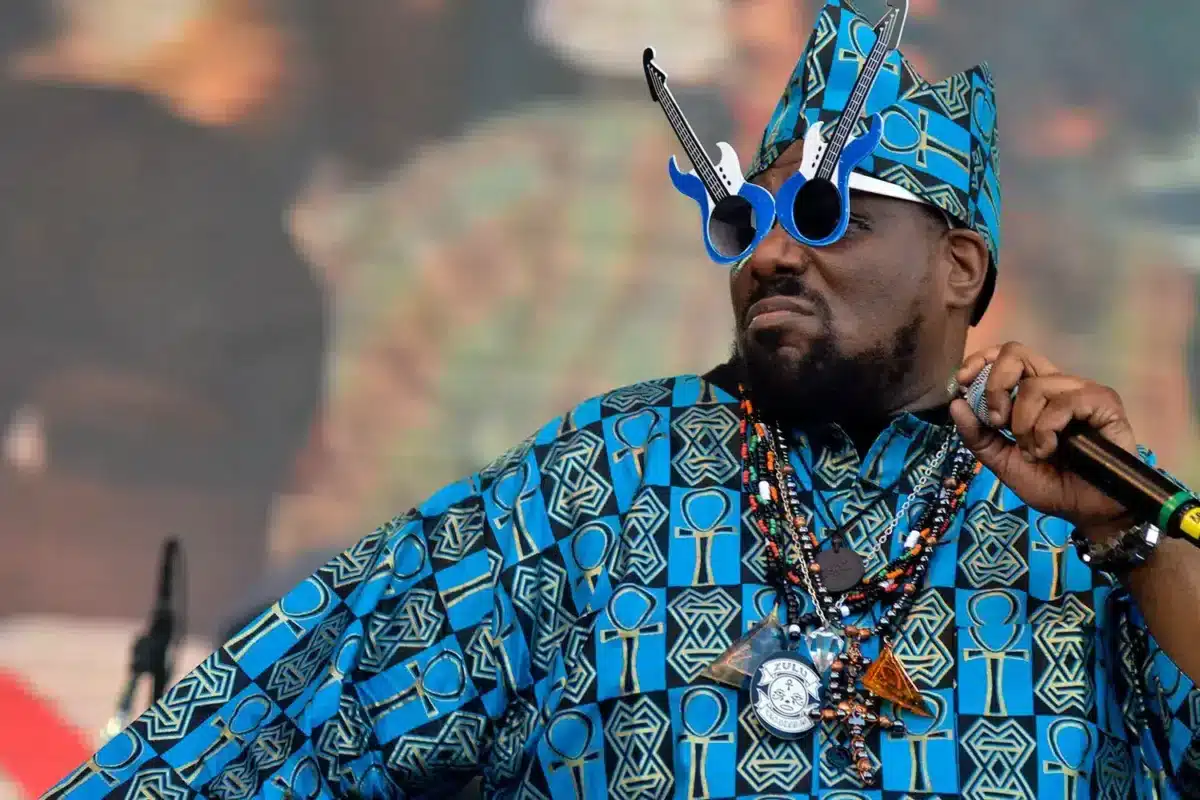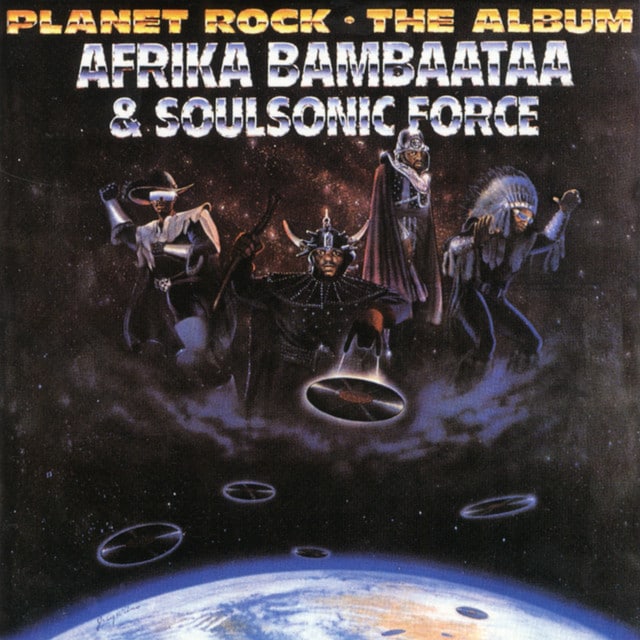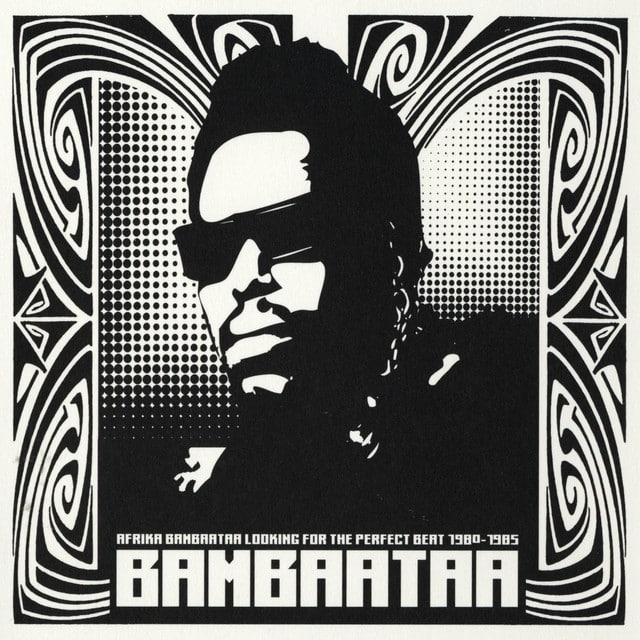In the vast mosaic of hip hop culture, few names shine as brightly as Afrika Bambaataa. Born Lance Taylor on April 17, 1957, to Jamaican and Barbadian immigrants in the South Bronx, New York, Bambaataa’s journey from the streets of New York to the annals of music history is a testament to the transformative power of creativity and vision. Growing up amidst the tumult of the Bronx River Projects, his early exposure to the black liberation movement and a rich tapestry of musical influences set the stage for his emergence as a pioneering force in hip hop.
Afrika Bambaataa’s story is interwoven with the narrative of hip hop itself—a culture birthed in the crucible of the South Bronx’s economic hardship and social challenges. As a member and eventually warlord of the Black Spades, one of the city’s most formidable gangs, Bambaataa’s life took a pivotal turn following a trip to Africa. Inspired by the unity and resistance he encountered, he returned with a new name and a new mission: to channel the energy of the streets into a force for positive change through music.
The late 1970s and early 1980s saw Bambaataa transform the landscape of music with his innovative approach to DJing, breaking away from traditional forms to lay the groundwork for what would become known as breakbeat DJing. His block parties in the Bronx became legendary, not only for their musical innovation but also for their role in drawing disaffected youth away from gang life and into the burgeoning hip hop culture. Bambaataa wasn’t just spinning records; he was spinning a new web of connections, uniting diverse elements of street culture into a coherent and powerful movement.
With the formation of the Universal Zulu Nation, Bambaataa took his vision global, spreading the message of hip hop as a vehicle for peace, unity, love, and fun. His influence extended beyond the musical, touching on the social and political, and paving the way for hip hop to become a global phenomenon. The release of “Planet Rock” in 1982 marked a seismic shift in music, blending electronic sounds with funk and hip hop to create a track that would become a cornerstone of the genre.
Yet, Bambaataa’s legacy is complex, marred by allegations of sexual abuse that led to his departure from the leadership of the Zulu Nation. These accusations have cast a shadow over his contributions to music and culture, prompting a reevaluation of his place in hip hop history. Despite these controversies, the impact of his early work and his role in the genesis of hip hop culture cannot be denied.
Afrika Bambaataa’s story is a mirror to the broader narrative of hip hop: groundbreaking, influential, and deeply human, marked by both remarkable achievements and significant challenges. As hip hop continues to evolve, the contributions of pioneers like Bambaataa remain foundational, a reminder of the genre’s roots in the struggle for expression, community, and change. In the end, Bambaataa’s legacy is a testament to the power of music to transcend boundaries, even as it confronts the complexities of its creators.
Would you like to learn more? Dive deeper into the depths of Afrika Bambaataa in our featured articles below.
Lyrics Analysis
Source: Wikipedia






